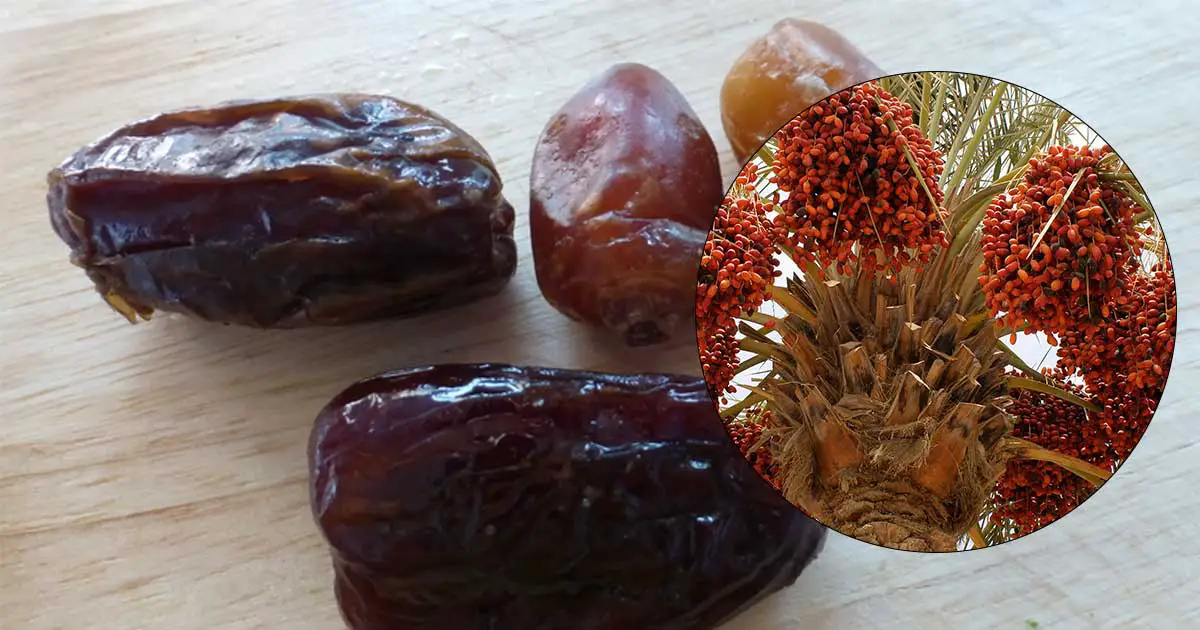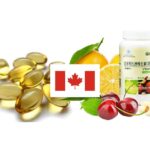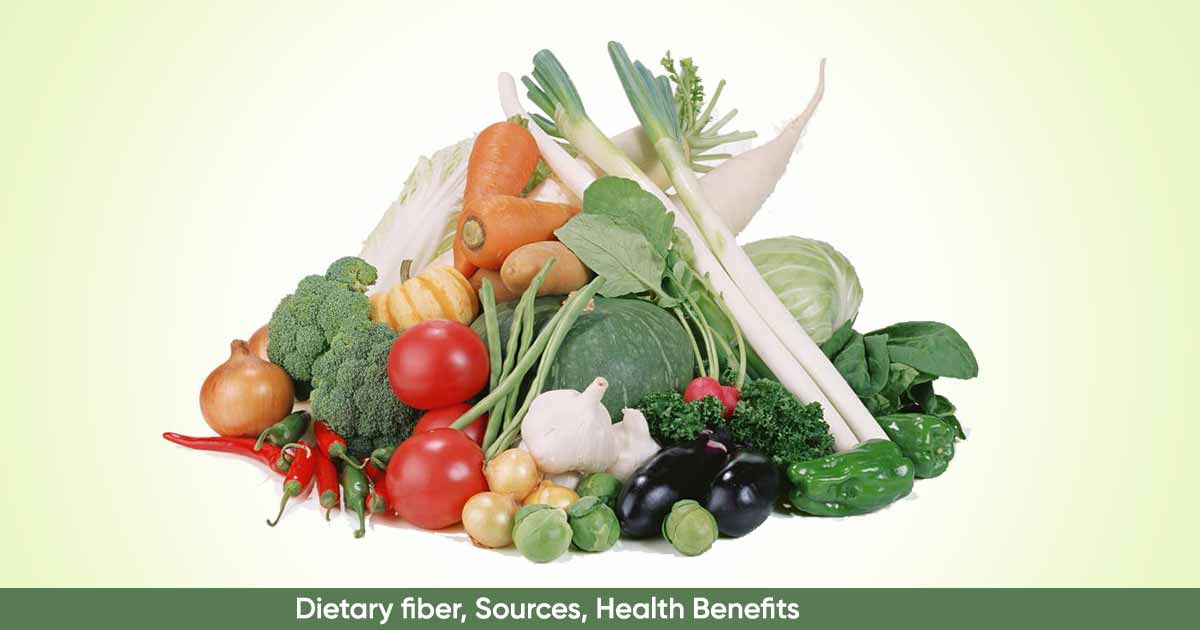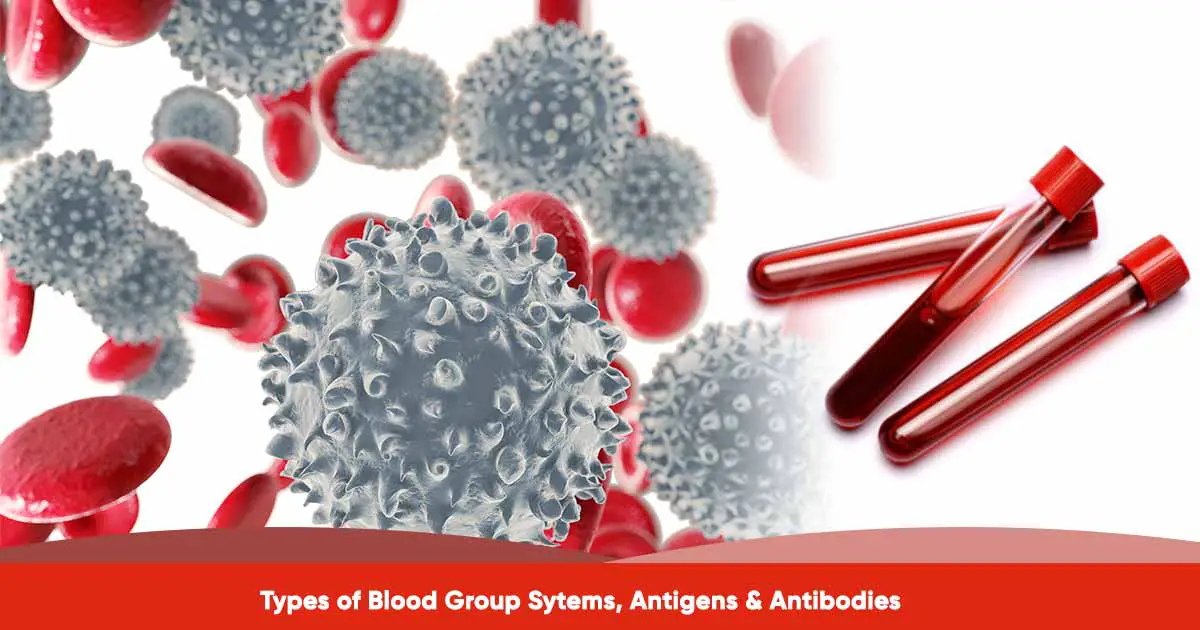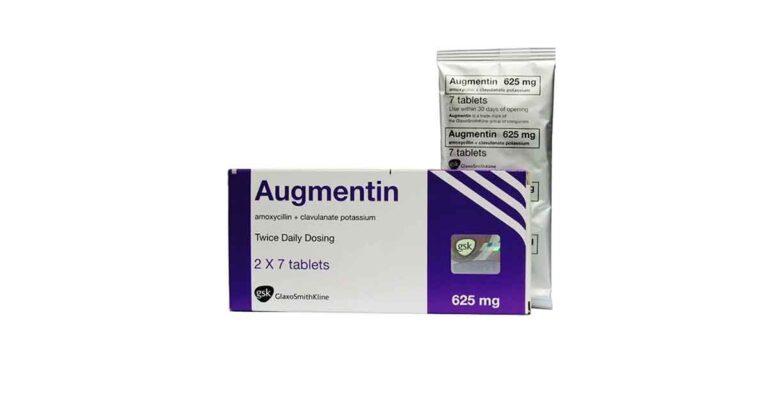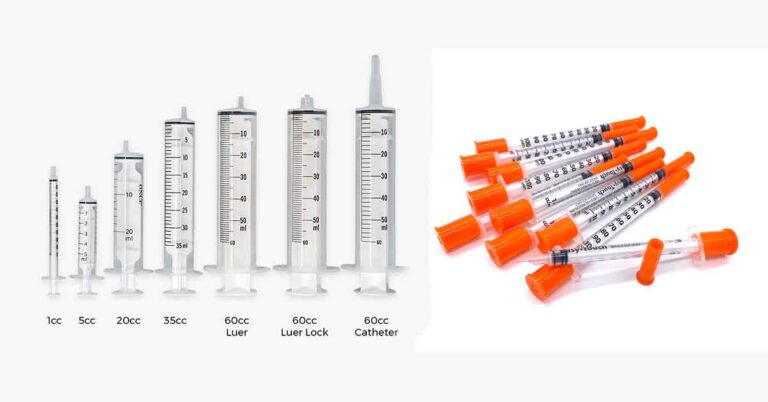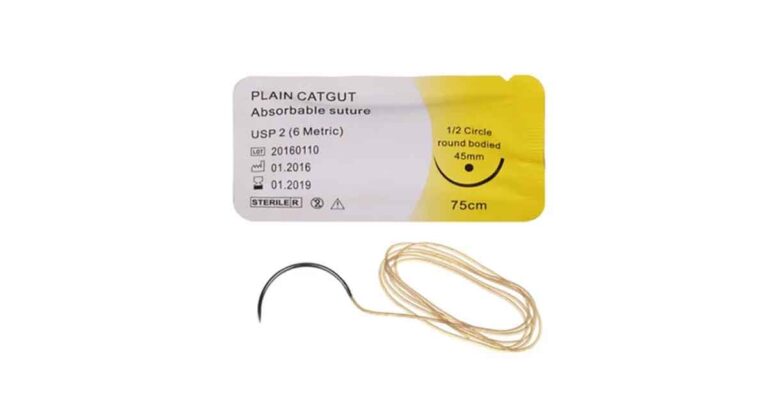Date palm fruit (Phoenix dactylifera L.) has an ancient origin in North Africa and South West Asia. It is popularly called Dabino in the Hausa language in Nigeria and other West African countries. Date palm belongs to the family, Arecaceae. They are grown in tropical Africa such as Nigeria, South and North Africa, Mexico, US state such as Texas, Arizona, Carlifonia, other South American states, Australia.
The flesh of the date palm fruit or Dabino is delicious, and it is traditional staple food in some part of the world. They also used it for flavouring beverages, foods. The fruit is also a source of syrup, vinegar and alcohol.
Date palm tree withstand adverse weather condition such as drought, coastal weather, different soil conditions. It does not have serious pest or disease.
Phytochemical Composition of Date Palm Fruit
The composition of date fruits varies depending on the species, soil condition, treatment after harvesting and the geographical location.
The fruit flesh and seeds of Phoenix dactylifera contain biologically active non-nutritive elements. Some of the phytochemical present in the date palm fruit include phenolic acids, flavonoids, polyphenols, phytosterols, phytoestrogens, caroteinoids, tannins, saponins, etc.
The fruit contains a high value of carbohydrate, energy and vitamin C. Although the quantity of sugar is high, the quality is low when measured with Glycaemic Index (GI). The GI value of different species is about 53. This might be because of the considerable level of fructose and non-starch polysaccharides in the fruits. Taking date palm fruit with yoghurt, or nut, reduces the GI further.
Date palm fruit also contains mineral composition such as essential and non-essential amino acids, sodium, potassium, calcium, magnesium, phosphorus and zinc. There is however, low levels of fats, proteins.
Date syrup can be made from the edible portion of the date fruit.
READ ALSO:
Medical/Health Benefits of Date Palm Fruit
There are many health benefits associated with date palm fruits. Different cultivars of the fruit possess different activity.
Antioxidant property: Antioxidants are present in many fruits and vegetable. They scavenge free radicals that are implicated in many diseases such as cancer, degenerative diseases such as Alzheimer’s disease, Parkinson disease, cardiovascular conditions.
The body cannot make enough endogenous antioxidants such as superoxide dismutase (SOD), catalase we need. Consuming fruits and vegetables with high antioxidant content will help prevent oxidative stress, a situation where the reactive oxygen species (ROS) is high and the body cannot detoxify it.
The total polyphenols in dried fruits such as date palm fruit are high because of the exposure to sunlight. It is comparable to natural antioxidants such as Vitamin E, C and Beta-carotene. Its antioxidant property is higher than other fruits such as guava, strawberry.
Sun drying and storage of the fruit can reduce the antioxidant property partly from the reduction of soluble tannin to insoluble tannin.
Weight Control: Insoluble non-starch polysaccharides are good for weight control by reducing appetite. Consuming date palm fruit does not cause considerable weight gain.
Antibacterial activity: Different cultivars of the date fruits have varied activities against microorganisms such as Staphylococcus aureus, Escherichia coli, Bacillus cereus, and Serratia marcescens. This is because of the phenolic compounds in the fruit.
Antifungal Activity: In a study by Belmir et al., they found that date palm fruit reduces the cytotoxicity of red blood cells associated with the amphotericin B. It also increased the therapeutic index of the drug.
Diabetic Control: Date palm fruit has a high level of monosaccharides such as fructose, glucose which may suggest it is not healthy for diabetes. But they have not found the fruit to increase serum glucose level to a dangerous level. The Glycemic index of the fruit is low. The soluble and insoluble NSPs in the fruit also play an important role in lowering the glycaemic response.
NSP rich foods delay gastric emptying, reduces carbohydrate absorption, and have a beneficial effect on insulin sensitivity and postprandial glucose response.
Also, the carbohydrates in the fruit can be absorbed easily, hence they can treat hypoglycemia in diabetes.
Effect on pregnancy: Date fruit has been observed to contract the uterus and dilate the cervix at the late stage of pregnancy hence, it can shorten labour. It also has oxytocin-like effect by stimulating uterine myometrial cells, improving the sensitivity of the uterus, and reduce labour augmentation.
After delivery, consumption of the fruit can boost milk production. It can also prevent postpartum hermorrhage.
Angiogenesis: Angiogenesis is the formation of new blood vessels. Date syrup contains many polyphenolic compounds that reduces angiogenic responses such as tube formation, cell migration, and matrix metalloproteinase activity.
Cancer: Date fruit has role in potential prevention of cancer. It can reduce the spread of breast cancer. It was also found to increase colon health by reducing the spread of colon cancer cell, and increasing the growth of healthy beneficial bacteria in the colon.
Components such as anthocyanins, phenolic acids, β-carotene and selenium present in the fruit have the anticancer property.
Constipation: The non-starch polysaccharides (NSP) in the fruit improves gastrointestinal transit time, hence preventing constipation. They are good laxatives as they promote bowel movement.

